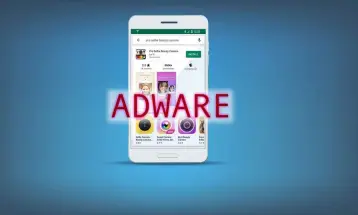Texas Toddler Accidentally Eats Gonorrhea Bacteria, Here's the Result

Holiday Ayo - This medical case, reported in 1984, highlights an extremely rare and unusual diagnostic situation.
A 3-year-old toddler in San Antonio, Texas, was accidentally infected with the bacteria Neisseria gonorrhoeae, which causes gonorrhea.
The tragedy stemmed from a moment of carelessness. In the case, published in The New England Journal of Medicine (NEJM), the patient's mother, a microbiology laboratory technician, took her son with her on a trip to collect clinical samples from a doctor's office.
As Live Science reports, one day, after returning home to unload groceries, the mother briefly left her son in the parked car.
When she returned, she discovered that he had crawled into the back seat, where culture plates were placed, and consumed most of the contents of one of the laboratory plates.
The plate contained "chocolate agar," a brownish medium used to grow bacteria. Although named for its color and not containing actual chocolate, the medium may have seemed appetizing to the toddler.
An Extremely Rare Non-Sexual Infection
The mother immediately took her child to the family doctor.
Examination of residual material from the cup revealed the presence of N. gonorrhoeae bacteria.
In children, evidence of gonorrhea infection often leads to suspicion of sexual abuse.
However, in this case, doctors observed a highly unusual case of non-sexually transmitted gonorrhea associated with exposure to laboratory cultures.
After monitoring, on the eighth day after the incident, the boy's throat swab tested positive for N. gonorrhoeae bacteria, although the report did not note whether he had symptoms, as gonorrhea in the throat is often asymptomatic.
Doctors immediately treated the infection according to CDC guidelines at the time. Treatment involved an intramuscular injection of an antibiotic called procaine penicillin G.
The toddler was also given probenecid mixed into ice cream. Probenecid enhances the antibiotic's effect by slowing its rate of clearance from the body.
This treatment was successful, resulting in a "rapid recovery," and the toddler tested negative for the bacteria on subsequent tests.
This unique case serves as a stark reminder of the importance of safety protocols in handling biological samples, and "reminds us of the risks involved in leaving children unattended in cars," the report's authors added.








Leave a comment